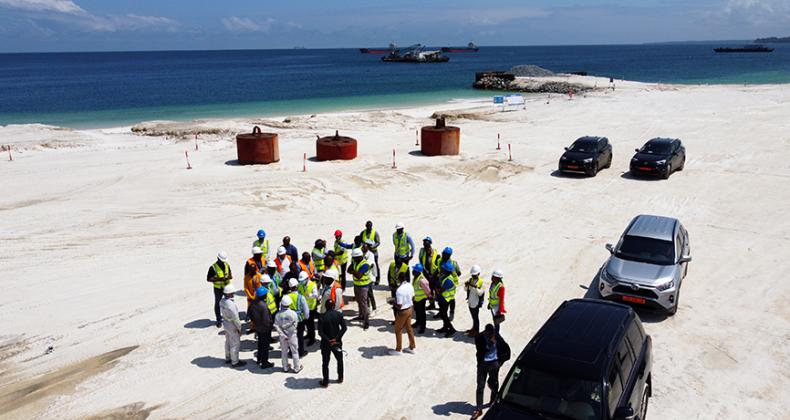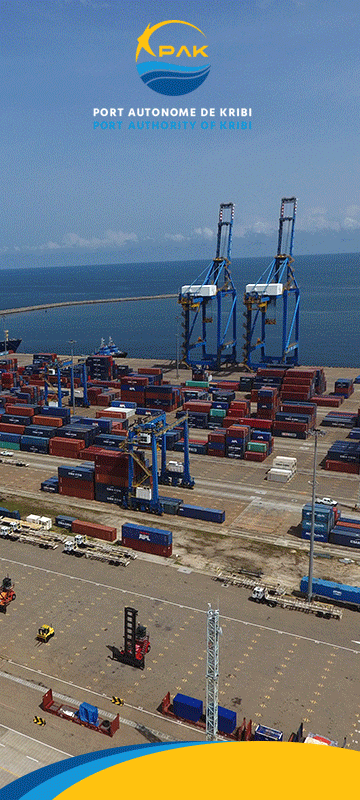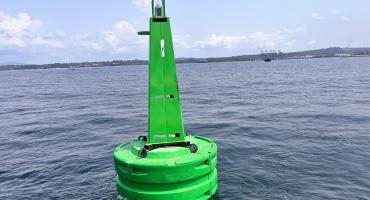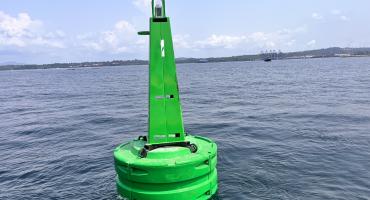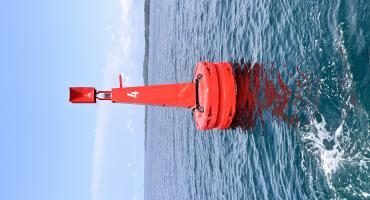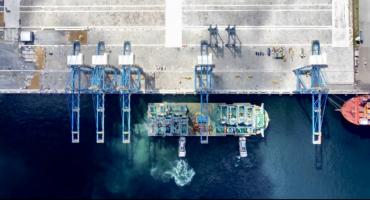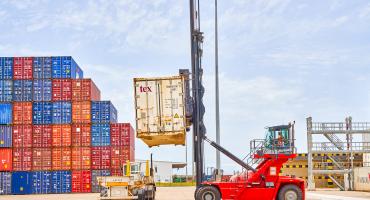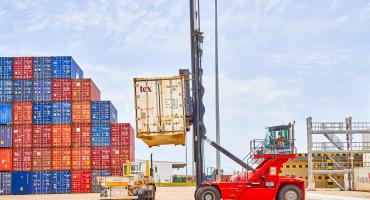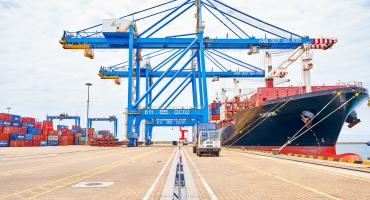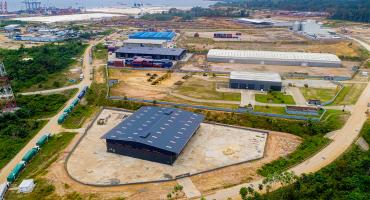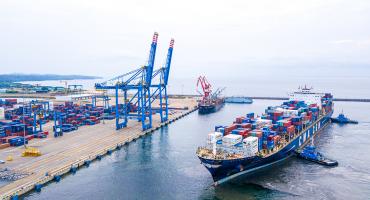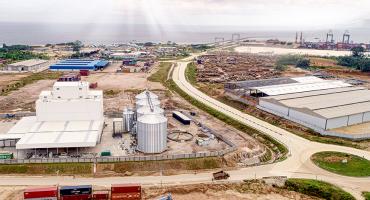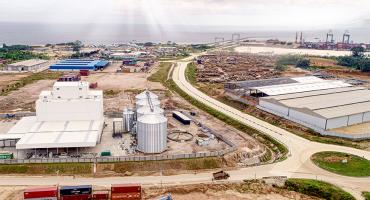These visits revealed the significant development in the area with completed projects and other projects still underway. There is a total of eight projects on a cumulated 48-ha surface area. They include a cocoa processing plant, heavy-duty equipment assembly unit and maintenance unit, pozzolan production, timber processing, manufacture and assembly of household appliances, agro-processing and cosmetics. Among them, one cannot help but notice the manufacturing company SICAMEC and the flour-mill under construction of La Pasta (Cadyst Invest Group) that will produce 300,000 tonnes of flour per year. There are equally the two cement plants under construction among which the much awaited SIC cement plant with construction costs standing at 39 billion CFAF, an annual production of 1 million tonnes, that will create around 16,000 direct and indirect jobs and will help reduce the price of a bag of cement.
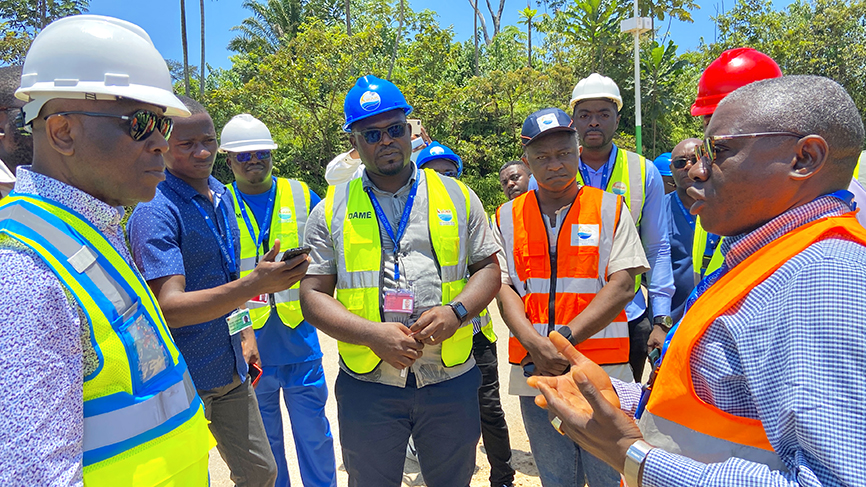
It is worth mentioning that since 2018, all the above-mentioned companies have drawn benefits from the port facilities by settling in the port area. Processing companies
especially have a obvious edge by settling in the area as there is easy access to inputs and an appropriate distribution of the goods manufactured to international markets.
In terms of incentives, PAK provide companies settling in the port area with an array of advantages, among which billing ranges and periods tailored to their activities with
payment schedules going up to 24 months for land fee payment.
All the benefits make the area a lever in terms of economic diversification, export expansion and job creation in the transport and logistics, energy, mining operations, light
industry, value-added services, fishing and agriculture sectors. Today, as Patrice MELOM said, the future bodes well for the Kribi industrial port area. The delivery of the drinking-water supply project in the port area will take place in the forthcoming months. In the same period will equally start the construction work of a power plant that will produce 80 megawatts. PAK is undoubtedly ready to tackle the challenge of levelling up Cameroon in top-notch technologies of the maritime and port supply chain. This is obviously the reason economic analysts see in Kribi the next national and sub-regional economic powerhouse.

